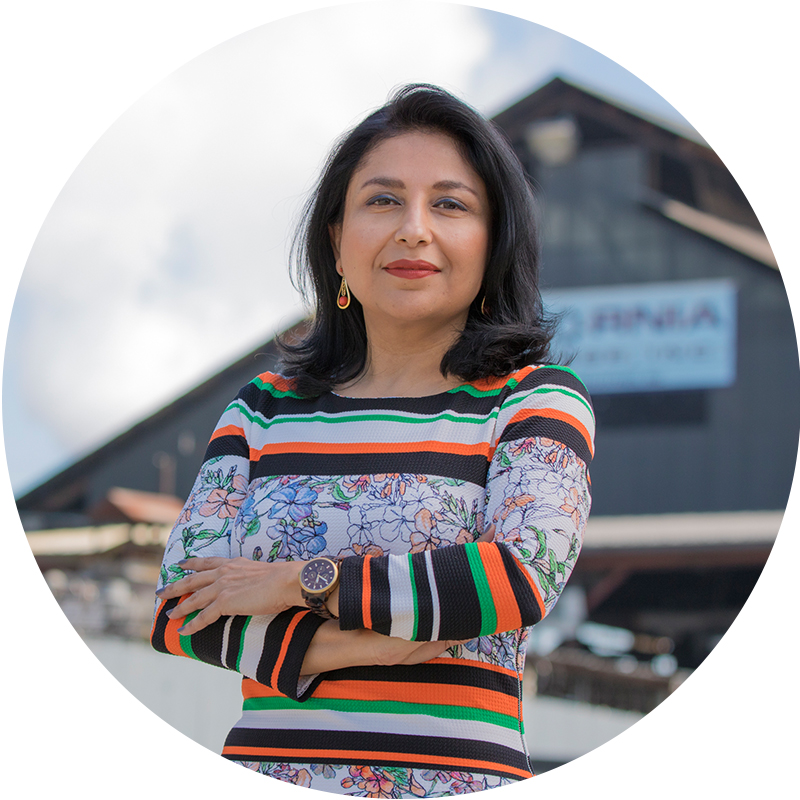Ananya Roy, director of UCLA Luskin’s new Institute on Inequality and Democracy, is concerned about the ubiquitous presence of inequality discourse within and beyond the academy. As one mechanism for the “repoliticization” of inequality, Roy calls for revived and critical attention to the concept of poverty. In particular, Roy focuses on impoverishment (and responses to it) as an active social process, how poverty comes to be defined as a social problem, and, at a global level, how conventional notions of North and South need to be reimagined in order to grasp the transnational dimensions of poverty and inequality.













